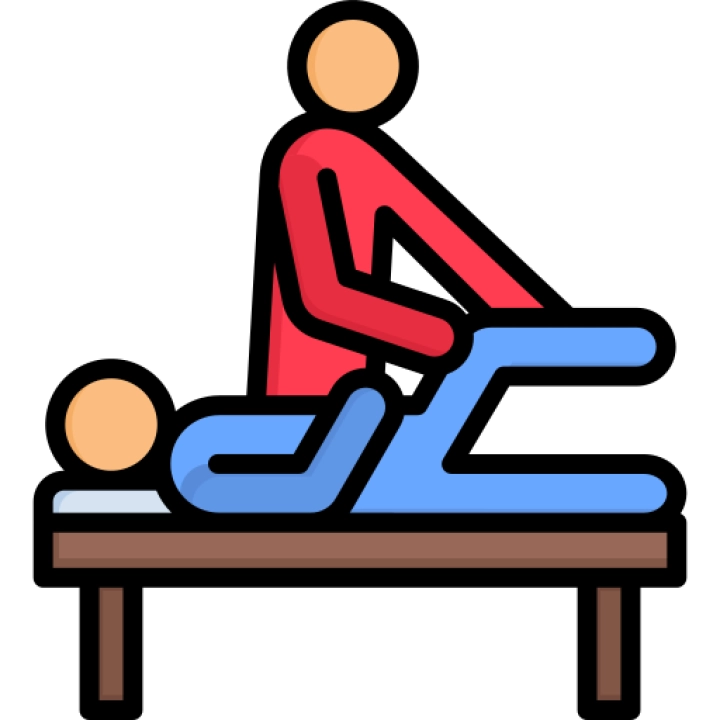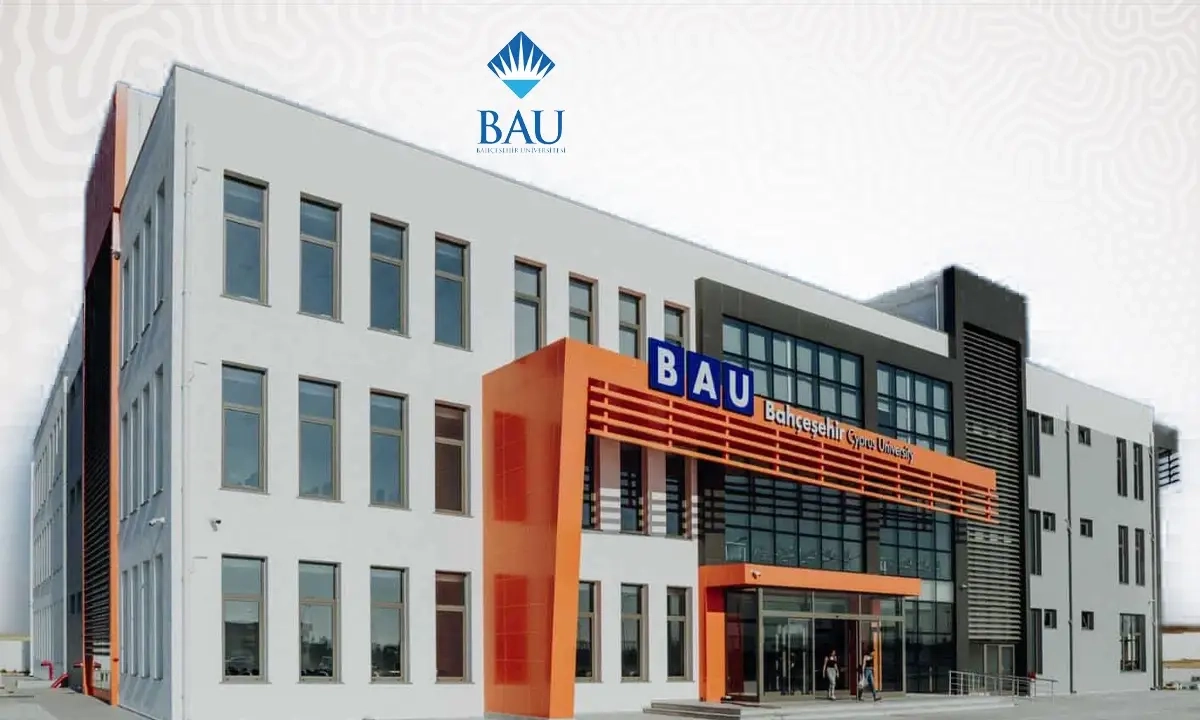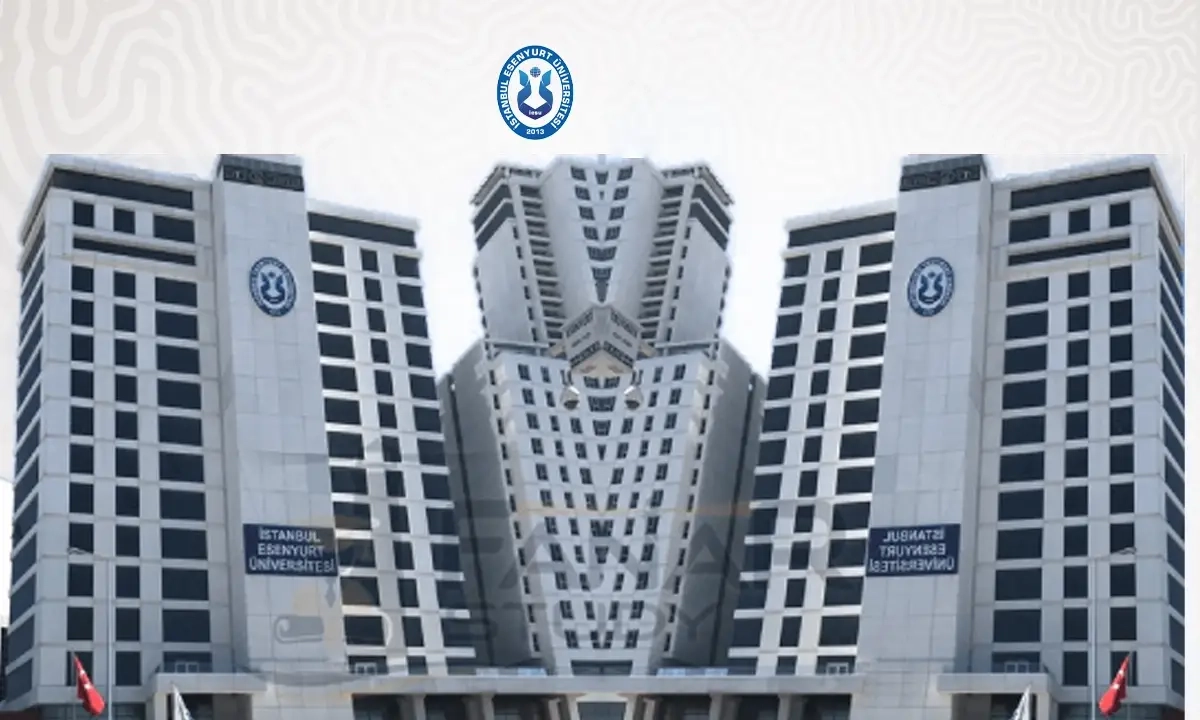Faculty: Health Sciences
Physical therapy focuses on the evaluation, treatment, and prevention of physical impairments and movement disorders. Students develop skills in musculoskeletal, neurological, and cardiopulmonary physical therapy, along with rehabilitation techniques and patient care. Graduates are prepared to work in hospitals, clinics, rehabilitation centers, and sports facilities.
Learning Objectives:
- Understand the fundamentals of physical therapy and rehabilitation.
- Develop skills in musculoskeletal, neurological, and cardiopulmonary physical therapy.
- Learn techniques for evaluating and treating physical impairments and movement disorders.
- Explore principles of rehabilitation, patient care, and therapeutic exercises.
- Analyze and interpret physical therapy data and research outcomes.
- Develop critical thinking, problem-solving, and clinical skills for effective physical therapy practice.
Main Curriculum:
- Introduction to Physical Therapy
- Overview of key concepts, principles, and practices in physical therapy.
- Basics of human anatomy, physiology, and kinesiology.
- Musculoskeletal Physical Therapy
- Principles of musculoskeletal physical therapy, including the evaluation and treatment of musculoskeletal conditions.
- Techniques for managing musculoskeletal injuries and disorders.
- Neurological Physical Therapy
- Principles of neurological physical therapy, including the evaluation and treatment of neurological conditions.
- Techniques for managing neurological disorders and improving functional movement.
- Cardiopulmonary Physical Therapy
- Principles of cardiopulmonary physical therapy, including evaluation and treatment of cardiovascular and respiratory conditions.
- Techniques for managing heart and respiratory disorders and enhancing cardiac and lung function.
- Rehabilitation Techniques
- Principles of rehabilitation techniques, including therapeutic exercises, manual therapy, and electrotherapy.
- Techniques for developing and implementing rehabilitation programs.
- Patient Care in Physical Therapy
- Principles of patient care in physical therapy, including patient assessment, goal setting, and treatment planning.
- Techniques for providing effective and compassionate patient care.
- Clinical Training
- Practical experiences in physical therapy settings, including clinical courses, internships, and practical training in hospitals, clinics, or rehabilitation centers.
- Application of acquired skills in practical physical therapy scenarios.
- Graduation Project in Physical Therapy
- A comprehensive project applying skills in musculoskeletal, neurological, or cardiopulmonary physical therapy.
- Presentation of a refined project, research, or presentation in physical therapy.
Assessment Methods:
- Reports in musculoskeletal physical therapy, neurological projects, cardiopulmonary studies, rehabilitation techniques plans, patient care projects, clinical training reports, graduation projects, group projects, and presentations.
Recommended Textbooks:
- "Physical Therapy" by various authors.
- "Musculoskeletal Physical Therapy" by various authors.
- "Neurological Physical Therapy" by various authors.
- "Cardiopulmonary Physical Therapy" by various authors.
- "Rehabilitation Techniques" by various authors.
- "Patient Care in Physical Therapy" by various authors.
Prerequisites:
Basic knowledge of anatomy, physiology, and kinesiology. Suitable for students interested in physical rehabilitation, patient care, and healthcare services.
Program Duration:
Typically 3-4 years for a bachelor's degree, including coursework, clinical training, and internships. Additional advanced degrees or certifications may be required for specialized roles.
Certification:
Graduates may earn a degree in physical therapy and pursue higher education or professional certifications, such as a Master's in Physical Therapy or specialized certifications in areas like sports physical therapy or geriatric physical therapy.
Target Audience:
Aspiring physical therapists, rehabilitation specialists, sports therapists, and individuals seeking careers in hospitals, clinics, rehabilitation centers, and sports facilities. This program equips students with the clinical and technical skills and patient care needed to excel in physical therapy, supporting careers in various rehabilitation and healthcare settings.
























